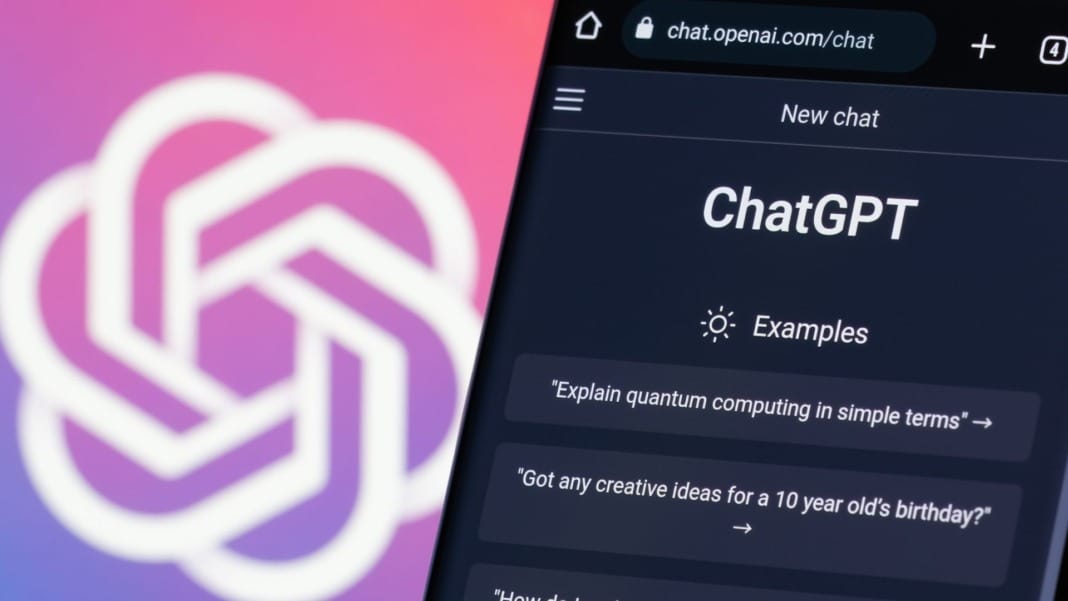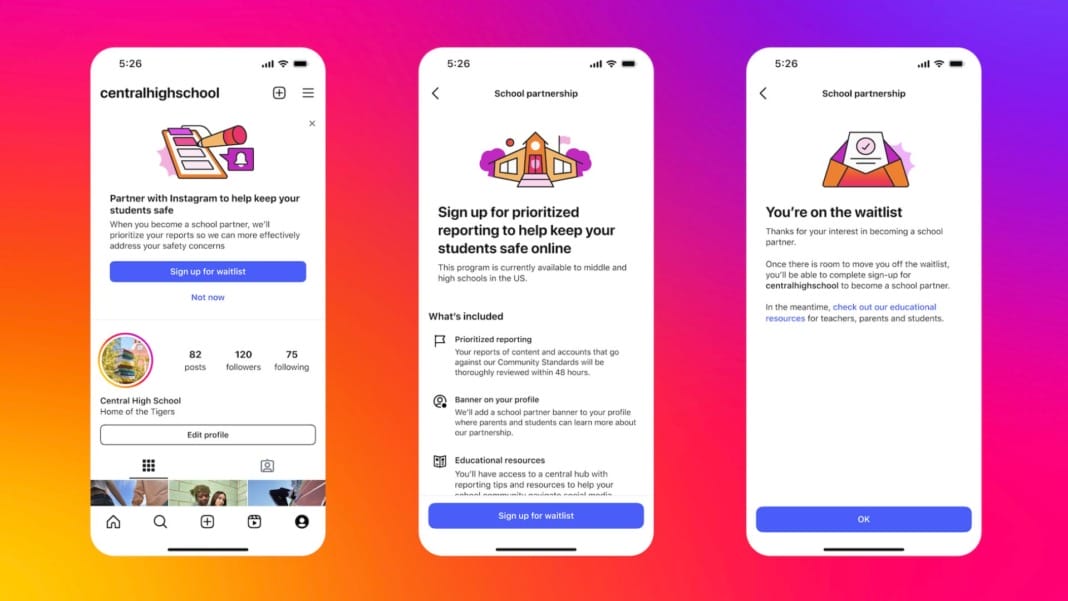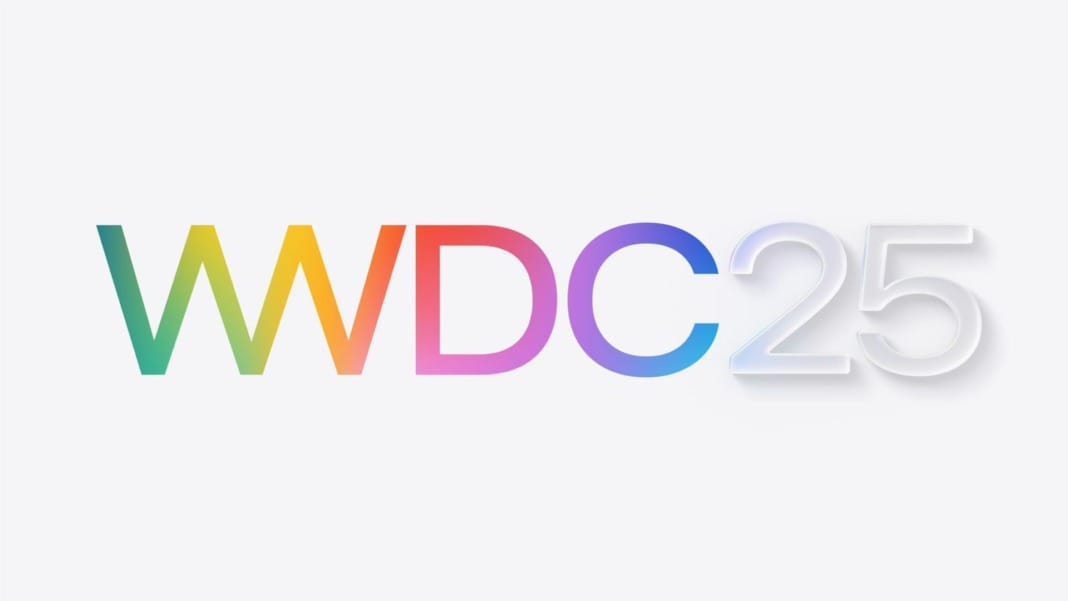On June 25, OpenAI CEO Sam Altman announced a major upgrade to ChatGPT’s image-generation capabilities. ChatGPT can now create and modify images using the company’s advanced GPT-4o model for the first time in over a year.
Previously, ChatGPT relied solely on text generation, with its image capabilities powered by DALL-E 3. GPT-4o has been enhanced to generate and edit images natively, making it a more versatile tool for users. This update is available immediately for Pro subscribers, who pay US$200 per month, and will soon be rolled out to Plus and free users. Developers using OpenAI’s API service can also expect to access the feature soon.
More accuracy and creative control
The new GPT-4o model takes longer to process images than DALL-E 3, but OpenAI claims this extra time results in more detailed and accurate visuals. The upgraded system can also edit existing images, including those featuring people. This means users can transform photos, adjust backgrounds, or enhance foreground details more precisely.
OpenAI has trained GPT-4o using publicly available data and proprietary content from partnerships with companies such as Shutterstock. The company has kept specific training data details under wraps, a common practice among AI developers looking to maintain a competitive edge. However, concerns over intellectual property remain a key issue in the industry, with many companies hesitant to disclose full details about their data sources.
OpenAI addresses copyright concerns
The rise of AI-generated content has sparked debates over copyright and fair use. OpenAI has taken steps to ensure artists’ rights are respected. Brad Lightcap, OpenAI’s chief operating officer, stated that the company has strict policies preventing the generation of images that closely mimic the work of living artists.
Additionally, OpenAI offers an opt-out form for creators who wish to have their work excluded from its training datasets. The company also honours requests to block its web-scraping bots from collecting images from websites.
This update comes shortly after Google introduced a similar image-generation feature in its Gemini 2.0 Flash model. However, Google’s rollout faced backlash after users discovered that it allowed the removal of watermarks and the creation of copyrighted characters, raising concerns about potential misuse.
With AI image-generation technology advancing rapidly, companies like OpenAI are under growing pressure to balance innovation with ethical considerations. This new upgrade means more powerful creative tools for users, but it also highlights the ongoing discussions about responsible AI development.





